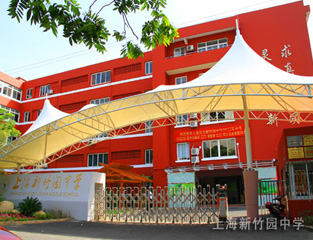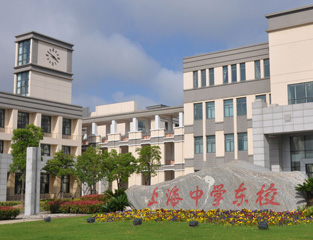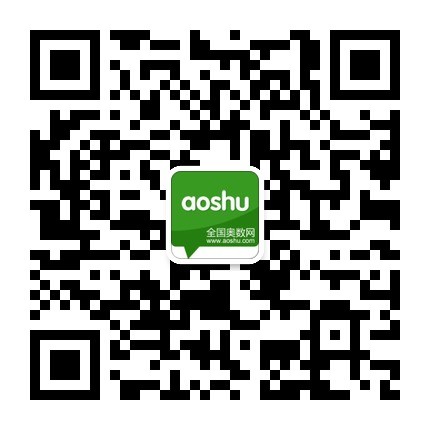小升初英语往年面试真题(上)
Ⅰ. 听短文, 口头回答问题
My name is Susan. I was lucky that I went to Canada last October. I stayed there for about 90 days. I went there on October 19th and came back on December 29th. I lived with a Canadian family, the Whites; they are very kind and friendly. Before long, we became good friends. I could practice speaking English with them every day. Sometimes, I taught them Chinese. They looked after may meals. So I had time to go to English class. The teachers there were nice. They taught us to listen, speak, read, and write in English. But it was mostly speaking. I found Canadian classes are a little different from out classes here. Sometimes you can sit anywhere you like in the classroom. We can learn from each other, and you can ask your teachers questions during the class. I really like this kind of class.
Questions:
1. What did Susan go to Canada for? 2. When did she come back from Canada?
3. Why did she like staying with the Whites? 4. Why did Susan have time to go to an English class?
5. What did Susan like best in the Canadian class?
Ⅱ. 读短文,口头回答问题
A Living Fossil?
In 1938, a fishing boat caught a fish which was one meter fifty-two centimeters long off the coast of South Africa. The Captain had never seen a fish like it, so he took it back to a museum in East London. The fish was well known to scientists. Fossils had been found all over the world. It was a coelacanth. Scientists had believed that it had become extinct 80 million years before. However, no more were found until 1952 when one was seen for sale in a fish market in the Comoro Islands, near Madagascar. Between 1953 and 1955, six more were caught there. The fish that had been caught in 1938 must have been carried away from the Comoro Islands by an ocean current. Scientists later discovered that Comoro fishermen had been catching coelacanths for years. They simply hadn't known that coelacanths were rare.
Questions:
1. What did a fishing boat catch off the coast of South Africa in 1938?
2. Had the Captain ever seen a fish like that?
3. Was the fish sold at the market?
4. What did the Captain do about it?
5. What did scientists now about the fish?
6. Were more fish of this kind caught before 1955?
7. Does the story tell you why there could be the coelacanth that was caught in 1938 off the coast of South Africa?
Ⅲ. 读短文,根据短文进行写作(或者口头作文)
Christmas Day
Christmas is a very important festival in the UK; it is a time when people celebrate the birth of Jesus. At this time of the year the whole family gets together. Most people have a holiday on Christmas Day.
Shops are decorated with Christmas lights at the end of November. There are also lights in the streets. People buy trees for their homes. They decorate the trees and their homes, usually with red, green and gold colors.
Most British people give Christmas cards to their friends. Now many people send cards by email, because it's much quicker this way. These cards are called e-cards.
Children have special bags, often in the shape of a sock, for Father Christmas to fill with small presents.
Traditionally, these presents are nuts, an orange and some chocolates, but children often get small toys, too.
British people usually buy presents for their families and friends. They put paper around the presents so people can't see what they are going to get! People put the presents next to the Christmas tree. On Christmas day people open their presents. Then they have a big meal.
On Christmas Day people have a large meal. Traditionally they eat turkey. With their turkey they have roast potatoes and lots of other vegetables. Brussels sprouts are a traditional Christmas vegetable. After eating dinner people have some Christmas pudding.
There are many holidays in China and out of China. In holidays, families get together to have big meals, people do things like traveling, going to parks, going to picnic to relax themselves. How does your family celebrate festival? Which festival do you want to tell us? Please write a 60-100 words article to about it.








